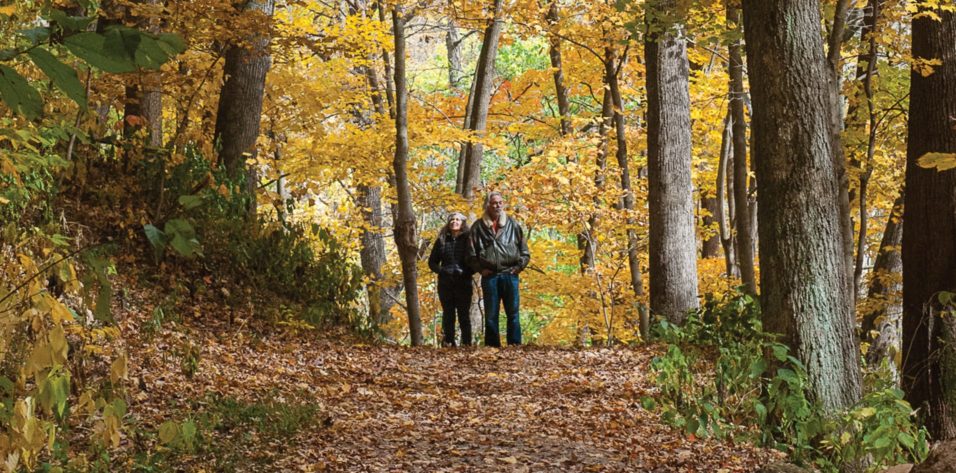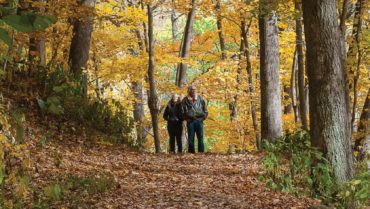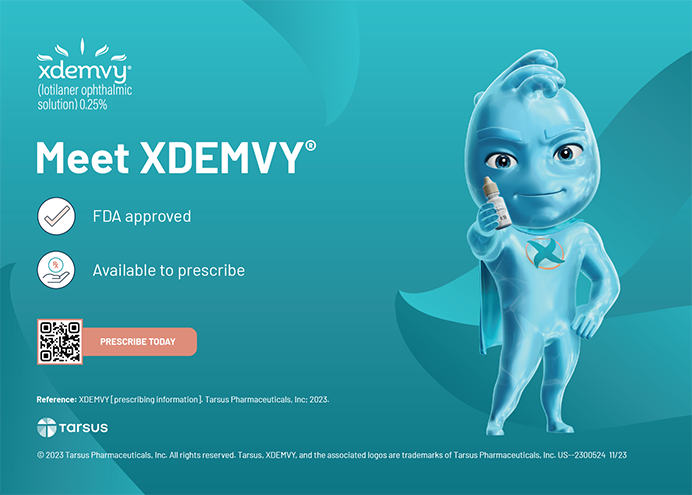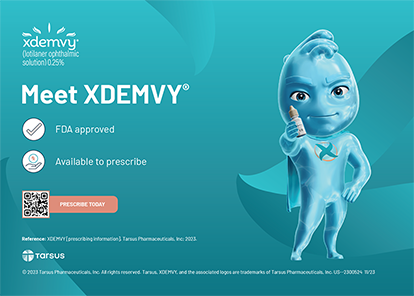How do you spend your free time?
When my husband and I founded Eye Surgeons Associates in the Midwest, our intention was to practice for 30 years and leave behind great eye care for our community. We succeeded in leaving a bistate-functioning multisubspecialty clinic.
I enjoyed every minute, but having retired from all patient care, I now have time to enjoy another season of life: lecturing; writing; performing reviews; editing; cooking (I am an enthusiastic improvisational cook); traveling; and enjoying dance, music, and the theater.
I am devoted to sharing time with and attending our four kids’ and three grandkids’ events when possible, taking care of my husband and our relationship, returning to fitness after an injury, reading, writing poetry, catching up on a 3-decade sleep deficit, and developing deeper friendships.
What do you know now that you wish you had known at the beginning of your career?
I wish I had realized how fortunate I was to be so broadly trained in ophthalmology at the University of Iowa, even if it meant learning and perfecting some techniques on my own after graduation. My residency allowed me to practice as a truly comprehensive ophthalmologist, tackling all areas of surgery, for the first 10 years of my practice before concentrating on refractive and complex cataract surgery and anterior segment reconstruction. Residency was, however, very conservative regarding phacoemulsification and IOL implantation. That said, this conservative, critical, evidence-based, and even suspicious evaluation of new techniques and technology during my training helped me to be a safe early adopter of procedures and technologies with the patient’s benefit always at the fore.
What would you be if you could not have been an ophthalmologist?
Although the career of my mother, Joyce Brothers, PhD, as a well-known media psychologist caused me to briefly consider a more public career, I was more influenced by my father, a diabetologist, to pursue medicine. I was briefly tempted by obstetrics (another happy specialty where doctors influence lives and achieve great outcomes the majority of the time, and, heck, both specialties have a fundus). I started and ended, however, with an intense desire to be an ophthalmologist. When I was 11 years old, my grandfather developed sequential, bilateral, giant retinal tears. He lost his first eye to detachment and had the second saved by Charles Schepens, MD, who had just invented the scleral buckle. When my grandfather saw my face after the surgical bandage was removed, it was a revelation to me, and I wanted to do that for people ever after. I barely wavered in my determination as I matured.
What would people be surprised to learn about you?
I love nature and surround myself in her awesome and serene environments whenever I can. I have a monkey mind and cannot seem to learn to meditate, but nature always puts me in the moment.
What is on your bucket list?
I want to bring about a revolutionary change in the way routine cataract surgery is performed, eliminating secondary cataract and, I hope, bag-lens subluxation for all ages. I believe this can be achieved by placing a three-piece lens in the sulcus and optic capturing into Berger’s space through both an anterior and hyaloid-sparing posterior capsulotomy. The details remain central to my current professional activity. I greatly appreciate my role as adjunct professor at the University of Utah, which enables me to pursue this goal. I also hope to have the wisdom to stop teaching when I no longer have anything valuable to impart.




